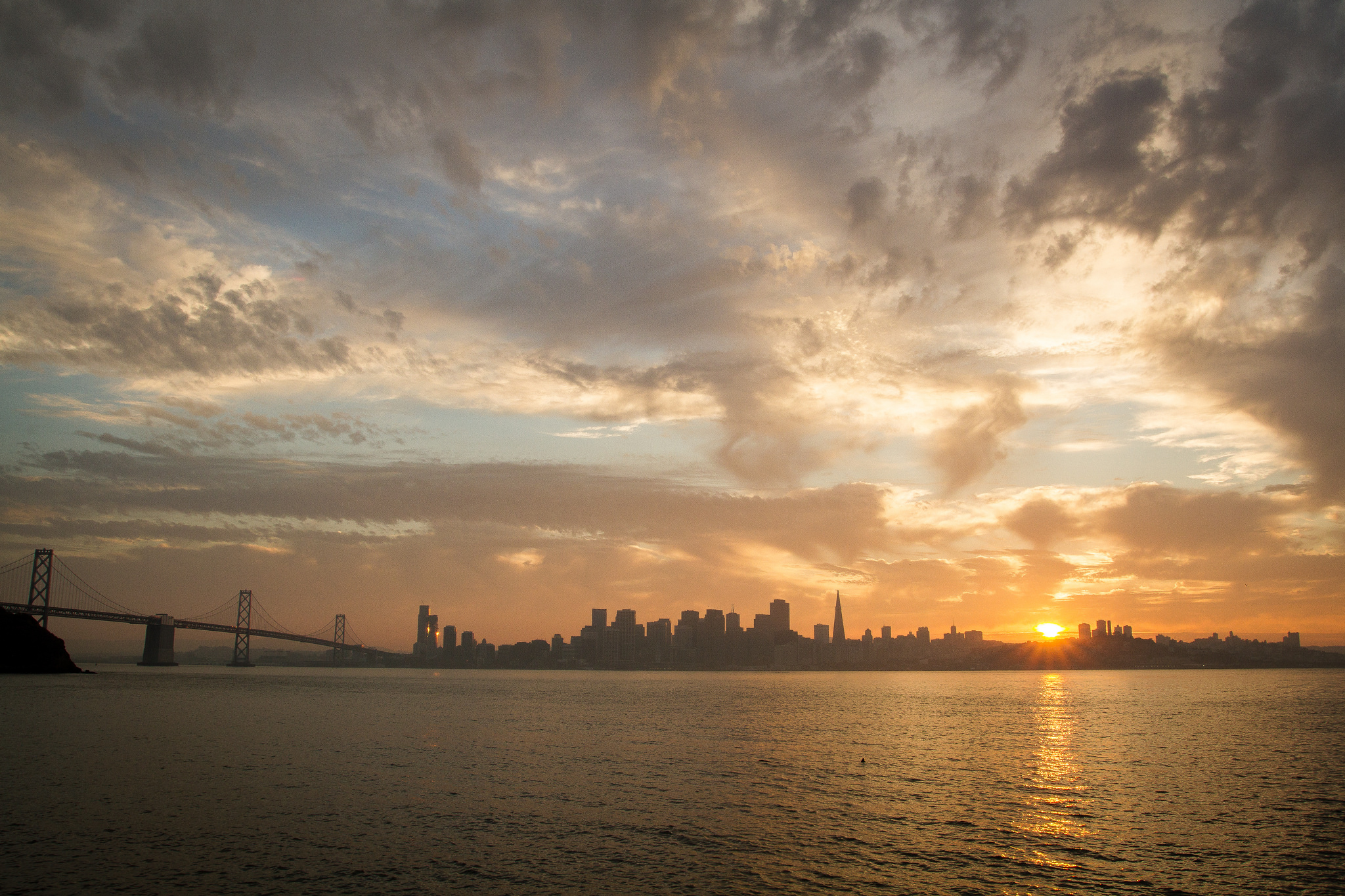
We congratulate the cities of San Francisco and Oakland for insisting that their taxpayers shouldn’t pick up the full tab for the escalating costs of climate change. The two California communities filed lawsuits this week against five fossil fuel companies for their climate impacts.
Communities around the world are waking up to the fact that we are already paying the costs of climate change, and that fossil fuel companies – which have made massive profits while contributing greatly to climate change – are not planning to pay their fair share.
These new lawsuits from two of California’s largest city governments target Chevron Corp., ConocoPhillips Co., ExxonMobil Corp., Royal Dutch Shell and BP. The new lawsuits join several actions launched against private fossil fuel companies for climate impacts in recent years:
- Luciano v. RWE (filed 2015) – A Peruvian farmer, Saul Luciano, is suing the German coal giant RWE in German courts for the risks posed to his home of Huaraz, Peru. The case was dismissed in 2016, but has since been appealed. Supported by an NGO, GermanWatch, this case has challenged Germans to talk about the global harm caused by coal. (We had the pleasure of meeting Saul at the 2015 Paris climate talks.)
- Philippines Human Rights Complaint against Carbon Majors (filed 2015) – Fifteen organizations, including Greenpeace Southeast Asia, and 20 individuals filed a human rights complaint alleging that the operations and products of 47 private fossil fuel companies were responsible for violating the rights of the people of the Philippines. The Philippines Human Rights Commission is undertaking an investigation. (We’ve written before on Canadian companies included in the Philippines complaint.)
- San Mateo, Imperial Beach and Marin County (filed 2017) – These three other communities in California have also sued 20 fossil fuel companies, and many of their subsidiaries, for costs related to rising sea levels. (For more, see here.)
We believe that we will see more actions of this type as communities realize that we can’t afford (either locally or globally) not to challenge a business model that is based on the destruction of our global atmosphere. Big Tobacco once persuaded the public that individual smokers and public healthcare should bear the health costs of smoking – and that changed. That’s why we, and more than 50 other BC-based organizations, have challenged BC local governments to consider a class action lawsuit against fossil fuel companies.
It’s also why municipalities that may not be ready to launch litigation must still ask hard questions of the fossil fuel industry – as Saanich and Highlands have recently done by sending Climate Accountability Letters to 20 fossil fuel companies.
Dealing with climate change and building a sustainable economy is a massive job, and it’s going to be that much more difficult if the fossil fuel industry believes that it can avoid responsibility for the harm caused by its products. These new lawsuits challenge the assumption that investors and corporations can keep the profits of fossil fuels separate from their costs.
Top photo: Christian Arballo